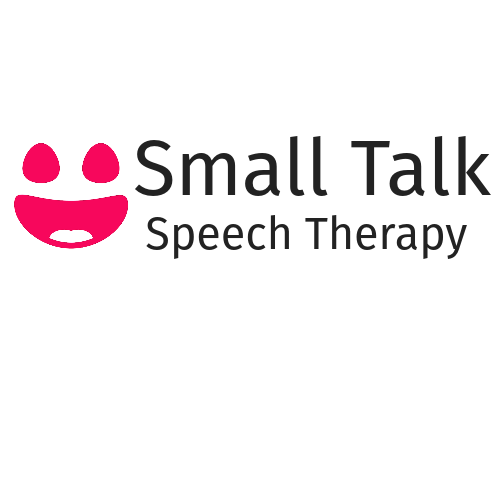Speech and language skills are essential for effective communication and overall development. While most children develop these skills naturally, some may require additional support through speech therapy. We have listed below signs to look for in your child. Remember, these warning signs are not definitive diagnoses, but rather indications that further assessment and support may be required.
-
Late or minimal babbling
If your child fails to coo, babble, or produce early vocal sounds by around six months of age, it could be an early indicator of speech-related concerns.
-
Limited Vocabulary
Children typically start using single words to express themselves between the ages of 12 to 18 months. If your child fails to acquire or use a variety of words appropriate for their age this could be a sign therapy is needed.
-
Difficulty with sentence structure
Around the age of two, children begin to string two or more words together to form simple sentences. If your child consistently struggles with sentence structure or produces fragmented and unintelligible sentences, it could be a red flag.
-
Articulation Difficulties
Pronunciation errors are common in young children as they learn language. However, if your child frequently substitutes, omits, or distorts sounds past a certain age (such as not being able to produce 's', 'r', or 'th' sounds by age four or five), it might require professional help.
-
Stuttering
While occasional disfluencies in speech are normal during a child's development, if your child exhibits frequent repetitions, prolongations, or blocks in their speech that interfere with communication, seeking speech therapy might be necessary.
-
Comunication Challenges
Difficulty following directions, understanding and answering questions, or participating in conversations can be indications of language processing issues. If your child consistently struggles with any of these aspects, it is important to consult a speech-language pathologist.
-
Lack of social communication skills
If your child finds it challenging to initiate or maintain social interactions, make eye contact, take turns while speaking, or show appropriate gestures, it could imply a need for speech therapy.
-
Persisting drooling or difficulty swallowing
Beyond the typical developmental stages, if your child continues to drool excessively or demonstrates difficulties with swallowing, it is important to address these concerns as they might indicate underlying oral-motor or swallowing difficulties.


